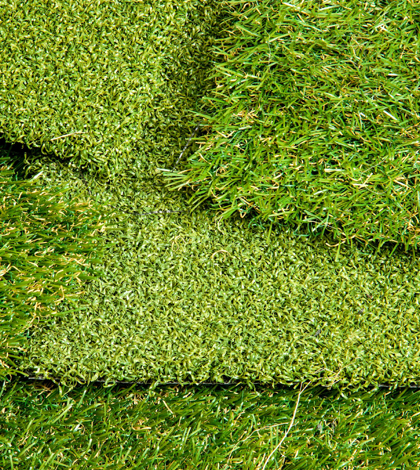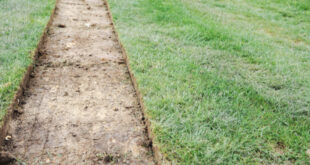As the California drought worsens, homeowners throughout Southern California have taken drastic measures to conserve water and save money. Water agencies, like Metropolitan Water District of Southern California, was offering rebates for homeowners who ripped out their lawns and replaced it with drought-tolerant plants and turf. The program was so popular MWD had to increase its rebate budget by an additional $350 million dollars. On Thursday, MWD stopped the program. The additional funding was spoken for.
Altogether, MWD put aside $450 million dollars for the rebates. $340 million was set aside for lawn removal; $110 million dollars was earmarked for drought-friendly appliances, like low-flow toilets.
“We didn’t predict just how popular turf rebates would become,” MWD General Manager Jeffrey Kightlinger told The Los Angeles Times.
Water experts across the state have said the attitudes towards natural grass have changed because of the severity of the California drought. Residents are concerned with conserving water and saving money; with artificial turf, they see the best of both worlds.
According to MWD officials, Southern California will save 26 billion gallons of water each year by installing artificial turf. That’s enough water to serve 160,000 households for one year.
Without the funding from MWD, local water agencies and governments were scrambling to find funding to continue with the rebates. Without the MWD funding, local water agencies and governments are offering homeowners a reduced rebate. In Long Beach, homeowners were received $3.50 per square foot; without MWD’s funding, rebates have dropped to $2.50 per square foot.
Although agencies are running out of lawn removal rebate funding, water officials are hopeful that residents will take the California drought seriously. They believe that Californians are committed to changing how we live; the number of homeowners who have removed their lawns is proof.
“What I’m kind of sad about – we gained so much momentum, then we hit the wall, and it stopped. We’re hoping people will do this without the incentive,” Carlos Reyes, director of conservation and public outreach for Las Virgenes Municipal Water District told The Los Angeles Times.
 California Water News Daily Your Source For Water News in California
California Water News Daily Your Source For Water News in California


